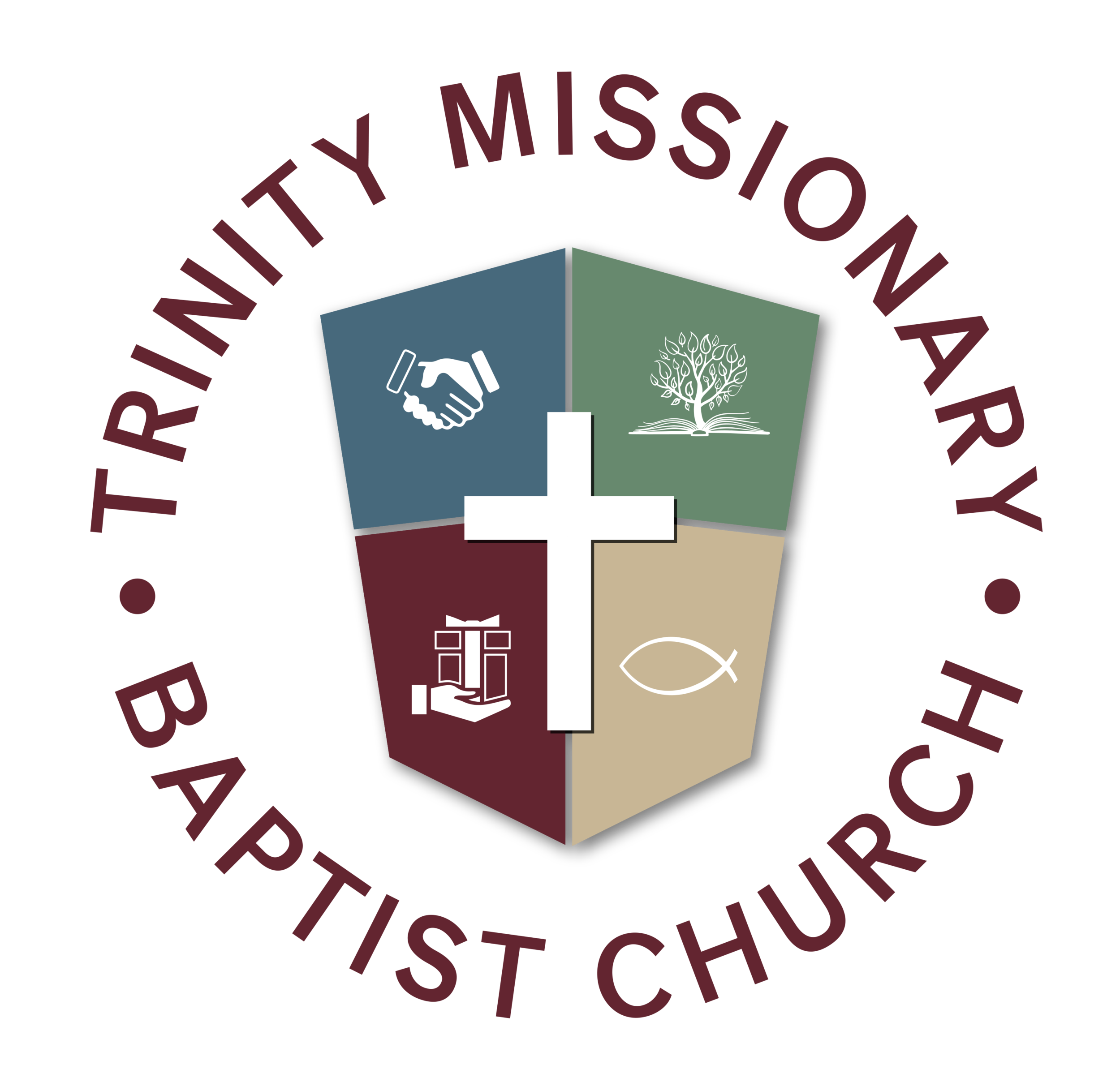Recovery Month
Deliverance Is Available
by Pastor Trevor Crenshaw
John Paton was a missionary in the New Hebrides Islands. One night, hostile natives surrounded the mission station, intent on burning out the Patons and killing them. John and his wife prayed during that terror-filled night that God would deliver them. When daylight came, they were amazed to see their attackers leave. A year later, the chief of the tribe was converted to Christ. Remembering what had happened, Paton asked the chief what had kept him from burning down the house and killing them. Surprised, the chief replied, “Who were all those men with you there?” Paton knew no men were present--but the chief said he was afraid to attack because he had seen hundreds of prominent men in shining garments with drawn swords circling the mission station.
When I read this story, I thought about 2 Kings 6:8-23. In this pericope, the narrator depicts God’s ability to intervene in human history through divine assistance. Like the chief who saw “hundreds of prominent men in shining garments with swords circling the mission station,” Elisha’s servant saw “the mountain full of horses and chariots of fire all around Elisha.”. Elisha informed his servant about the availability of divine deliverance. God delivered Elisha and his servant from the King Aram. There are several lessons that one might draw from this narrative that can help in moments when we need God’s deliverance in our lives. This narrative teaches us at least three things to remember when we need divine deliverance.
Don’t Panic
When Elisha’s servant rose and went out early the following day and realized the Aramean army surrounded them, he panicked and displayed characteristics of anticipatory anxiety. He said, “Alas, my master! What shall we do”. Elisha’s servant panicked because he saw no possibility of overcoming their predicament. He expected a negative outcome based on what he saw in the natural realm.
People can develop anticipatory anxiety by projecting their fears. Sometimes, they will try to pull us into their anticipatory anxiety. Notice how the servant used the first person plural pronoun “we.” He asked Elisha, “What are ‘we’ going to do?” as though Elisha had the same fear.
Elisha’s servant should have spoken for himself. Elisha didn’t have the same feelings as his servant. He knew God would provide the protection they needed from their enemies. This trust is encouraging because it reminds us that we don’t have to panic. God always provides a way of deliverance. Thus, we don’t need anticipatory anxiety and fear of what’s ahead. In Matthew 6:34, Jesus said, “Therefore do not worry about tomorrow, for tomorrow will worry about itself.” John R. Rice said, “Worry is putting a question mark where God has placed a period.” God has told us that he will make a way, period. He promised to always be with us, period. He promised to be a healer, period. Remember: DON’T PUT A QUESTION MARK WHERE GOD HAS PLACED A PERIOD!
Trust God’s Provision
Elisha reminded his servant that God provided spiritual resources for deliverance. In 2 Kings 6:16, Elisha told his servant, “Those who be for us are more than those who be against us.” Nevertheless, the servant could only see the ominous presence of the Aramean army. The servant needed reassurance from Elisha that God could deliver them from their enemies. Elisha knew they had divine assistance to help them overcome and be victorious in their predicament. He could see something that his servant could not. He saw a heavenly host ready for battle and deliverance. As a result, Elisha was focused on the spiritual army that God provided for their protection and not the physical army.
We need to trust that God will provide when we need deliverance. The promise of divine provision is assured in the Scriptures. Paul wrote, “And my God will supply every need of yours according to his riches in glory in Christ Jesus” (Phil. 4:19).
Remember To Pray for Illumination
Elisha could see the heavenly host surrounding him, but his servant could only see the army of King Aram. I would like to suggest today that something was wrong with the servant’s eyes. He could see physically, but he couldn’t see spiritually. He suffered from spiritual myopia and needed his eyes opened to the truth.
Elisha shows us an excellent example of what to do when someone is spiritually blind and needs their spiritual vision adjusted. He prayed that the Lord would open his servant’s eyes so he might see. Elisha knew the power of prayer and taught us that only the power of God opens spiritual eyes.
Philosophy, anthropology, sociology, and psychology are good, but these academic disciplines won’t open spiritual eyes. The only thing that can open spiritual eyes is the power of the living God through prayer. The apostle Paul understood the power of prayer. In his letter to the church at Ephesus, he prayed, “I pray that the eyes of your heart may be enlightened, so that you will know what is the hope of His calling, what are the riches of the glory of His inheritance in the saints, and what is the surpassing greatness of His power toward us who believe” (Eph. 1:18-19a). Prayer can help illuminate our spiritual eyes to see what we would never see through natural sight.
We should be encouraged by this narrative and inspired to never worry about the future. Additionally, we should never doubt God’s ability to provide needed deliverance when He has promised to supply our needs. Lastly, we should never forget the power of praying for spiritual illumination when confronted with problems that require a spiritual solution. Remember: DELIVERANCE IS AVAILABLE!
